MUNICH, Germany: Many food components contribute directly to the characteristic taste of food and beverages by means of their own particular taste, scent or spiciness. However, they also indirectly influence the sense of taste via other, still largely unknown biochemical mechanisms. To understand this better, a research team from the Technical University of Munich investigated the effects of food components on the molecules dissolved in saliva. They found that ginger influences the smell of breath and citric acid affects the sense of taste. The results of the study could be applied to the development of new oral hygiene products.
Through analysis of saliva and breath samples collected from volunteers, the study showed that the pungent compound of ginger, 6-gingerol, stimulates an enzyme contained in saliva that breaks down malodorous sulphur-containing compounds. It thereby reduces the long-lasting aftertaste of many foods, such as coffee. “As a result, our breath also smells better,” explained lead researcher Prof. Thomas Hofmann, Chair of Food Chemistry and Molecular Sensory Science at the university. According to him, the discovery of this mechanism could contribute to the future development of new oral hygiene products.
Citric acid influences our perception of taste through a completely different mechanism. As known from personal experience, sour foods such as lemon juice stimulate salivation. The amount of minerals dissolved in saliva also increases in proportion to the amount of saliva. According to Hofmann, the sodium ion level in saliva rises rapidly by approximately a factor of 11 after stimulation with citric acid. This effect makes people less sensitive to table salt. “Table salt is nothing other than sodium chloride, and sodium ions play a key role in the taste of salt. If saliva already contains higher concentrations of sodium ions, samples tasted must have a significantly higher salt content in order to taste comparatively salty,” added Hofmann.
The professor believes that a great deal of research still needs to be done in order to understand the complex interaction between the molecules in food that create taste, the biochemical processes that take place in saliva and the sense of taste. Using a systems biology approach, Hofmann aims to develop a new scientific basis for the production of food with component and functional profiles that satisfy the health and sensory needs of consumers.
The study, titled “Chemosensate-induced modulation of the salivary proteome and metabolome alters the sensory perception of salt taste and odor-active thiols”, was published on 25 July 2018 in the Journal of Agricultural and Food Chemistry.
Tags:
CLEVELAND, U.S.: Dental Tribune International recently reported on an article that highlighted the significance of oral health for systematic health and ...
PHILADELPHIA, U.S.: Taste disorders and other neurosensory defects have been reported postoperatively in a number of patients who have undergone extraction ...
ATLANTA, U.S.: The issue of e-cigarettes and their health risks has always been contentious. In a recent study, researchers from Georgia State University ...
PITTSBURGH, U.S.: Mothers play a primary role in the health of their children. This function may be particularly important for children in Appalachia, a ...
ISTANBUL, Turkey: Being able to accurately replicate intra-oral conditions is vital for successful restorative treatments. Although digital workflows have ...
LONDON, UK: Kissing. Who doesn’t like a good old wet one on the lips? On 22 June, with different levels of intensity, the UK is puckering up on National ...
BUDAPEST, Hungary: Smokers have been shown to have a higher chance of developing peri-implant disease. However, there is a lack of research comparing ...
LONDON, UK: The discussion around a link between periodontitis and hypertension is not new. Acknowledging this and the fact that there is still not enough ...
BOSTON, U.S.: The evolution of robotics in everyday application has been a well-publicized topic for decades. Dentistry is by no means out of the reach of ...
TRIESTE, Italy: The majority of COVID-19 patients self-report olfactory and gustatory disfunction, making these among the most common symptoms of the ...
Live webinar
Tue. 3 March 2026
8:00 pm EST (New York)
Dr. Vasiliki Maseli DDS, MS, EdM
Live webinar
Wed. 4 March 2026
12:00 pm EST (New York)
Munther Sulieman LDS RCS (Eng) BDS (Lond) MSc PhD
Live webinar
Wed. 4 March 2026
1:00 pm EST (New York)
Live webinar
Wed. 4 March 2026
8:30 pm EST (New York)
Lancette VanGuilder BS, RDH, PHEDH, CEAS, FADHA
Live webinar
Fri. 6 March 2026
3:00 am EST (New York)
Live webinar
Tue. 10 March 2026
4:00 am EST (New York)
Assoc. Prof. Aaron Davis, Prof. Sarah Baker
Live webinar
Tue. 10 March 2026
8:00 pm EST (New York)
Dr. Vasiliki Maseli DDS, MS, EdM



 Austria / Österreich
Austria / Österreich
 Bosnia and Herzegovina / Босна и Херцеговина
Bosnia and Herzegovina / Босна и Херцеговина
 Bulgaria / България
Bulgaria / България
 Croatia / Hrvatska
Croatia / Hrvatska
 Czech Republic & Slovakia / Česká republika & Slovensko
Czech Republic & Slovakia / Česká republika & Slovensko
 France / France
France / France
 Germany / Deutschland
Germany / Deutschland
 Greece / ΕΛΛΑΔΑ
Greece / ΕΛΛΑΔΑ
 Hungary / Hungary
Hungary / Hungary
 Italy / Italia
Italy / Italia
 Netherlands / Nederland
Netherlands / Nederland
 Nordic / Nordic
Nordic / Nordic
 Poland / Polska
Poland / Polska
 Portugal / Portugal
Portugal / Portugal
 Romania & Moldova / România & Moldova
Romania & Moldova / România & Moldova
 Slovenia / Slovenija
Slovenia / Slovenija
 Serbia & Montenegro / Србија и Црна Гора
Serbia & Montenegro / Србија и Црна Гора
 Spain / España
Spain / España
 Switzerland / Schweiz
Switzerland / Schweiz
 Turkey / Türkiye
Turkey / Türkiye
 UK & Ireland / UK & Ireland
UK & Ireland / UK & Ireland
 Brazil / Brasil
Brazil / Brasil
 Canada / Canada
Canada / Canada
 Latin America / Latinoamérica
Latin America / Latinoamérica
 USA / USA
USA / USA
 China / 中国
China / 中国
 India / भारत गणराज्य
India / भारत गणराज्य
 Pakistan / Pākistān
Pakistan / Pākistān
 Vietnam / Việt Nam
Vietnam / Việt Nam
 ASEAN / ASEAN
ASEAN / ASEAN
 Israel / מְדִינַת יִשְׂרָאֵל
Israel / מְדִינַת יִשְׂרָאֵל
 Algeria, Morocco & Tunisia / الجزائر والمغرب وتونس
Algeria, Morocco & Tunisia / الجزائر والمغرب وتونس
 Middle East / Middle East
Middle East / Middle East
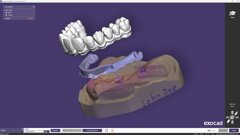


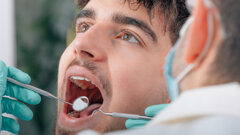
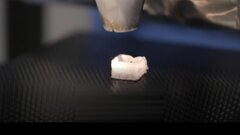
















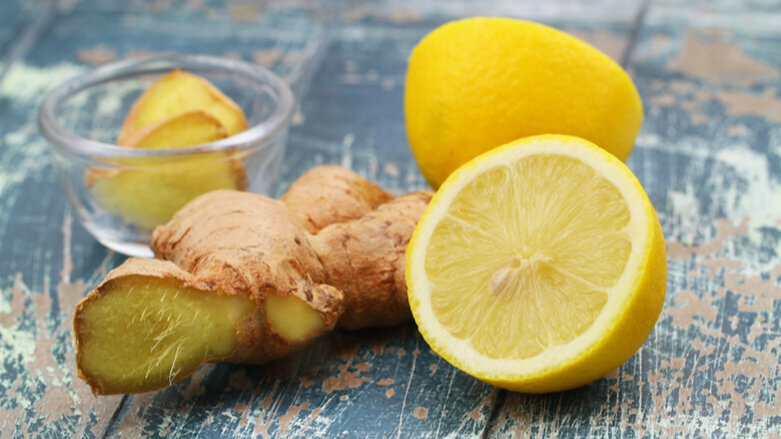



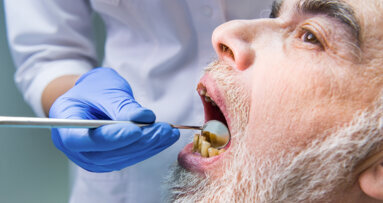

















To post a reply please login or register